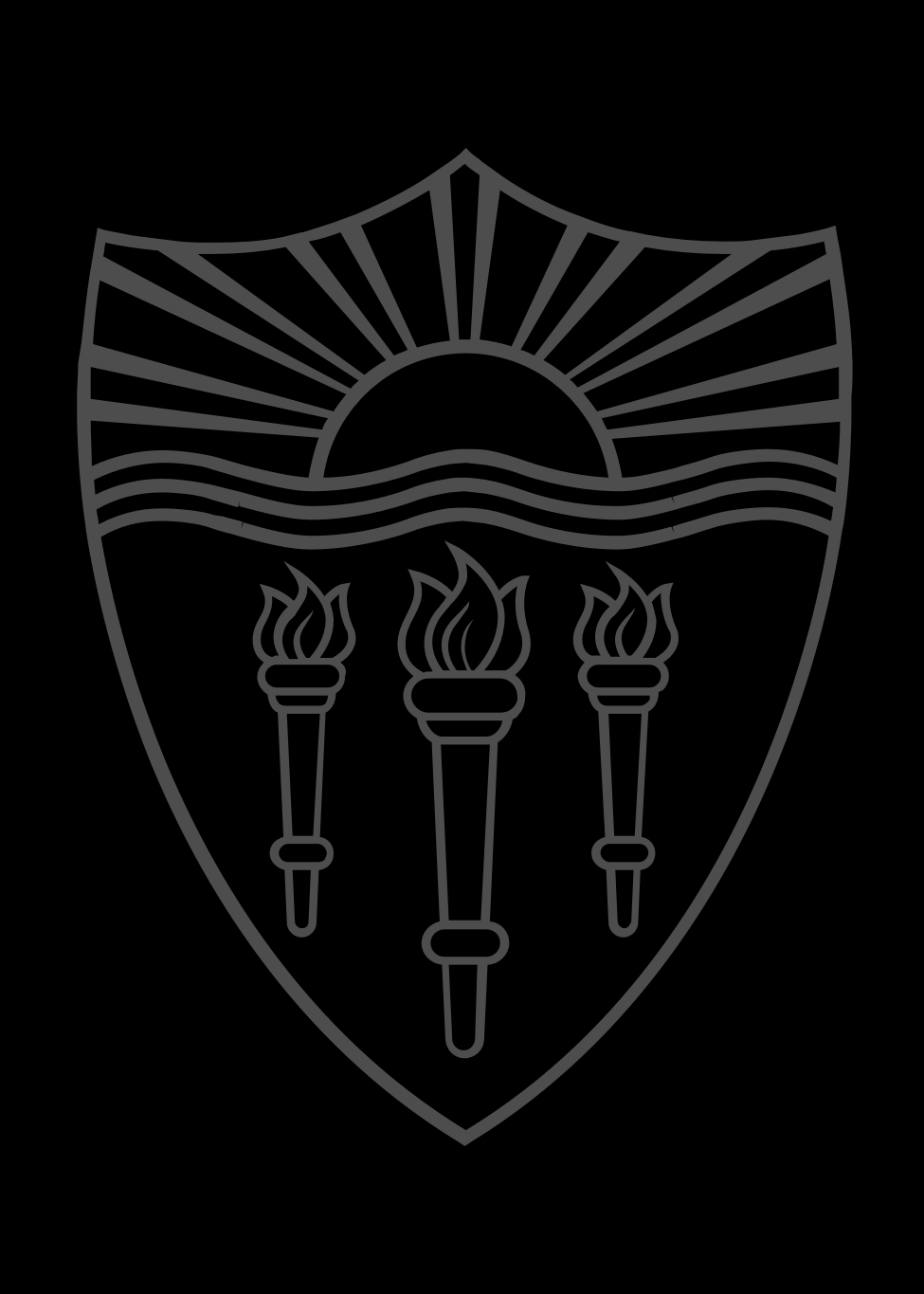Ivette Gómez

Biography
I have been teaching at USC since the Fall of 2010. At this great university I have had the chance to teach basic Spanish language courses (mainly Spanish II and Spanish III) and upper division courses that study the relation between literature, arts, politics and societies in Spain and Latin America. I am also the director of the Cuba Maymester program since 2017. This is an intensive 4-weeks program that runs from mid-May to mid-June and where students have the chance to study the intersection of contempory arts production and political /societal issues in present-day Cuba. In this program, the studens have the chance to visit the island-nation for two weeks and have an experiental learning of the deep cultural ties that exists between the Cuban and American cultures.
I got my PhD at the University of California Irvine in 2009, where I specialized in Hispanic Caribbean and Latin American Cultural Studies. Before coming to USC, I taught at Pomona College in Claremont.
Education
- Ph.D. Spanish, University of California, Irvine, 2009
-
Research Keywords
20th and 21st Centuries Latin American Literature, Cinema, and Plastic Arts; 21st-Century Hispanic Caribbean Narrative; The City; The Body; Travel Literature; Fin-de-Siécle Cultures; Literary History; Intellectual History; Cultural Studies and Critical Theory.
Detailed Statement of Research Interests
My doctoral dissertation, “Escrituras (des)encantadas: la poética de las ruinas en la narrativa cubana contemporánea”, In my study I examine how literary representations of urban decay serve these contemporary Cuban writers not only to express a sense of loss (loss of illusion and faith in a socialist utopia), but also as a way of recovering the contesting cultural narratives that form the palimpsestic terrain of “the lettered city”, of Havana. Through the invocation of the “ghost” that Havana’s ruins generate these writers recuperate a tradition in Cuban literature that evokes metaphoric ties between urban space and national identity. To frame and support this argument, the first chapter of my dissertation provides a genealogical study of the topic of ruins in the works of canonical Cuban authors (Carpentier, Lezama, Cabrera Infante, and Arenas) whose notions of national culture also included the expression of urban decay. In dialogue with the thoughts of Walter Benjamin, Andreas Huyssen, Svetlana Boym, and other cultural theorists, the main purpose of my study has been to examine how, through the use of the trope of ruins, the more recent generations of Cuban writers engage in the practice of a critical memory that rescues traditional modes of cultural representation as it restructures new dynamics between nation and selfhood, politics and literature.analyzes the relationship between ruins, memory, nostalgia, and chaos in the narratives of Abilio Estévez, Antonio José Ponte and Ena Lucía Portela.The topic of my dissertation highlights my long-standing interest in examining the relationship between urban imaginaries and the processes of recovering historical memory in contemporary Caribbean and Latin American cultural production. The investigation of the recurrent image of urban ruins in Cuban narrative of the 20th and 21st centuries has given me a unique insight into the complex and dynamic epistemological engagement between the island’s present and past, and it has expanded my understanding of the sense of fragmentation, loss, and chaos that has characterized (post)modern Cuban identity discourse (on a national and an individual level) in these past twenty years. Furthermore, the study of the ruins trope in Cuba’s particular cultural, political and economical context has provided me a productive framework for exploring the complex negotiation between the global capital market and the socialist state. -
Conference Presentations
- “Boring Home o La Habanada: crisis y aburrimiento en Orlando Luis Pardo Lazo” , LASA 2010Talk/Oral Presentation, Toronto, Canada, 2010-2011
- “Voces desde los escombros: habitantes de ruinas en la narrativa cubana del siglo XXI”. , LASA 2009. Rethinking Inequalities.Talk/Oral Presentation, Rio de Janeiro., 2009-2010
- “La politicización de las ruinas en Antonio José Ponte” , XXXVII Congreso Internacional del IILI. Talk/Oral Presentation, Puebla, Mexico, 2008-2009
- “Politicizing Decay: Antonio Jose Ponte’s ‘An Art of Making Ruins’”. , ACLA 2008Talk/Oral Presentation, Los Angeles, 2008-2009
-
Journal Article
- Gomez, I. (2010). “La invención de la historia: Abilio Estévez y las ruinas de un teatro”. Revista Iberoamericana. Vol. Vol. LXXVI (Vol. LXXVI, Núm. 232-233, Julio-Diciembre), pp. 695-712.
-
Office Hours
- Mondays & Wednesdays : 9:00 AM-10:00 AM, And by appoitment
- Mondays & Wednesdays : 9:00AM-10:00 AM, And by appoitment